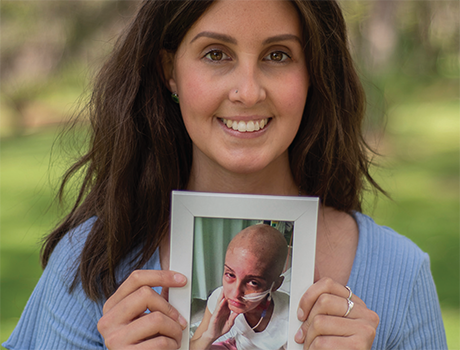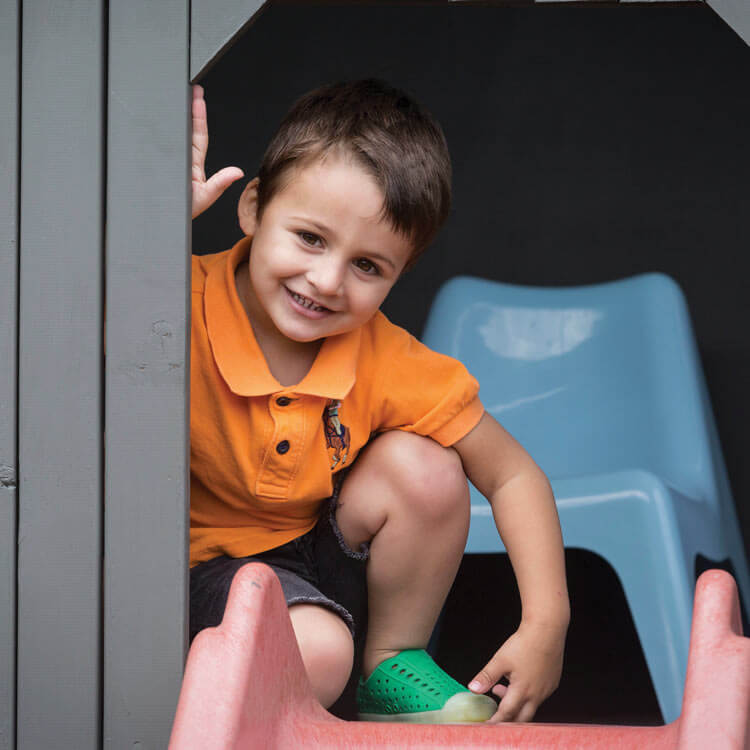Search


News & Events
Illuminate Sundowner 2024Illuminate Awards are a philanthropic initiative - shining a light on child health research to help all kids lead happy, healthy lives.

News & Events
Meet the Researcher: Hannah MooreAfter 20 years at the Institute, Hannah’s career has been a whirlwind of discovery and dedication.

News & Events
Meet the Researcher: Dr Samantha CarlsonDr Samantha Carlson is an early career mixed-methods social scientist, leading research that seeks to understand how to improve access to and understanding about vaccination.
Dr Anthony Bosco, Professor Steve Stick, Professor Andrew Whitehouse, Dr Raelene Endersby and Dr Luke Garratt know how fortunate they are to have

The Imogen Miranda Suleski Fellowship is an annual award for early-career post-doctoral researchers at The Kids Research Institute Australia.

Early intervention in autism is proving a game changer.
At The Kids, every element that enables or facilitates researchers to focus on their important work, is part of the shared 'research platform'. Learn more.
Billionaire Stan Perron has made donations to The Kids as part of the Stan Perron Charitable trust totaling $500,000 a year. Read more about his generosity
